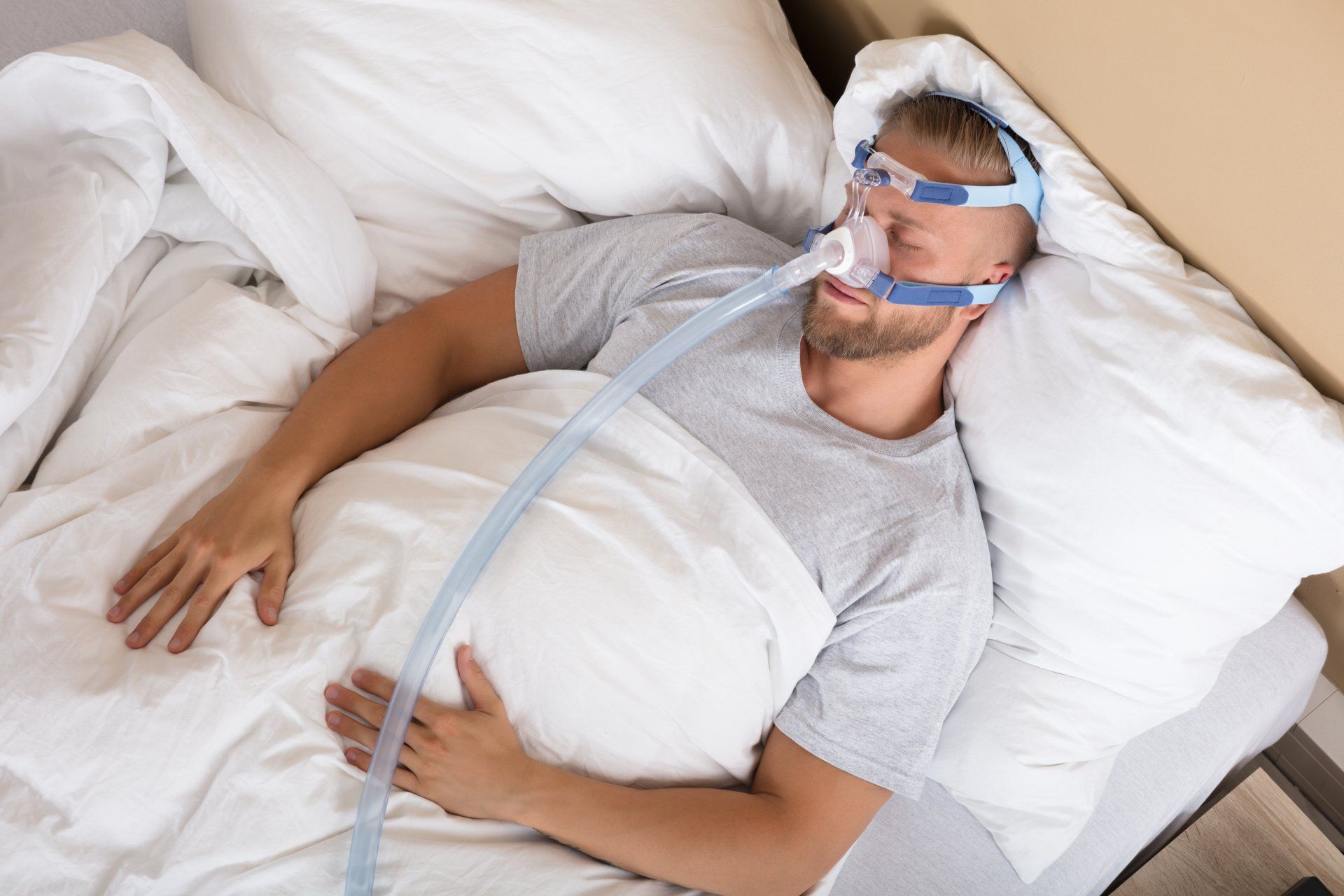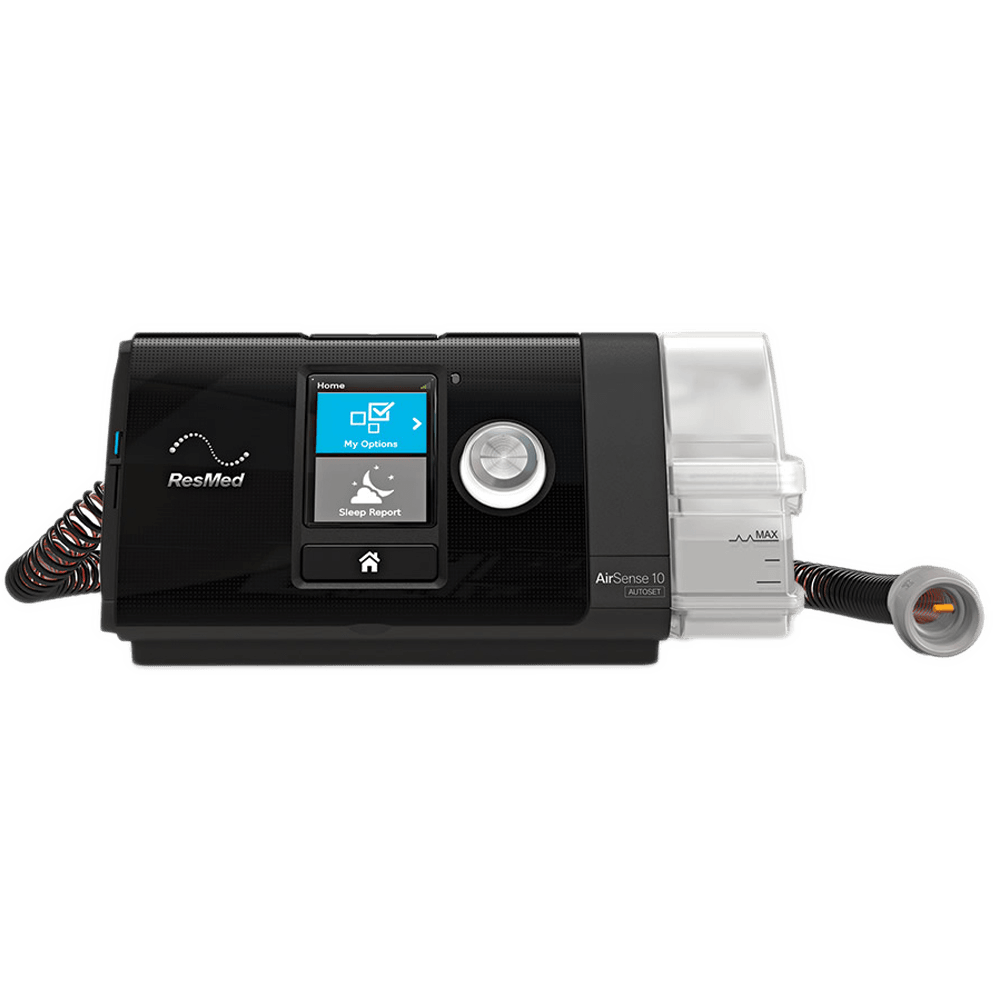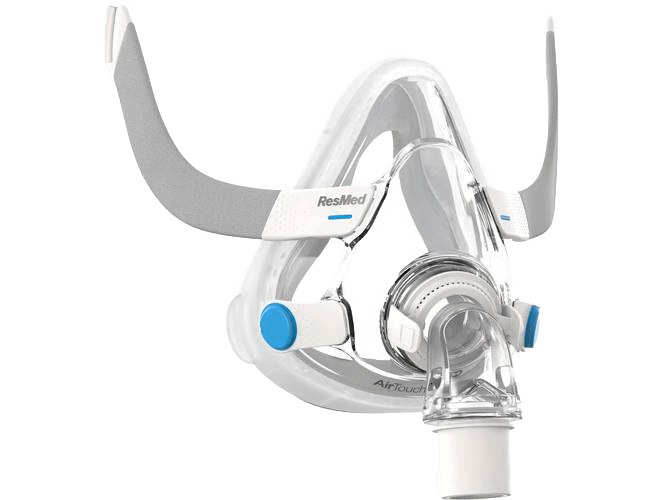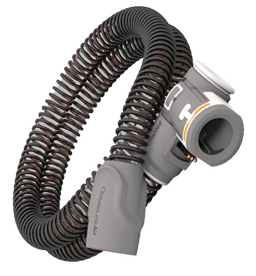One of the most important sleep hygiene practices is to spend an appropriate amount of time asleep in bed, not too little or too excessive. Sleep needs vary across ages and are especially impacted by lifestyle and health. However, there are recommendations that can provide guidance on how much sleep you need generally. Other good sleep hygiene practices include:
Limiting daytime naps to 30 minutes. Napping does not make up for inadequate nighttime sleep. However, a short nap of 20-30 minutes can help to improve mood, alertness and performance.
Avoiding stimulants such as caffeine and nicotine close to bedtime. And when it comes to alcohol, moderation is key4. While alcohol is well-known to help you fall asleep faster, too much close to bedtime can disrupt sleep in the second half of the night as the body begins to process the alcohol.
Exercising to promote good quality sleep. As little as 10 minutes of aerobic exercise, such as walking or cycling, can drastically improve nighttime sleep quality. For the best night’s sleep, most people should avoid strenuous workouts close to bedtime. However, the effect of intense nighttime exercise on sleep differs from person to person, so find out what works best for you.
Steering clear of food that can be disruptive right before sleep. Heavy or rich foods, fatty or fried meals, spicy dishes, citrus fruits, and carbonated drinks can trigger indigestion for some people. When this occurs close to bedtime, it can lead to painful heartburn that disrupts sleep
Ensuring adequate exposure to natural light. This is particularly important for individuals who may not venture outside frequently. Exposure to sunlight during the day, as well as darkness at night, helps to maintain a healthy sleep-wake cycle.
Establishing a regular relaxing bedtime routine. A regular nightly routine helps the body recognize that it is bedtime. This could include taking warm shower or bath, reading a book, or light stretches. When possible, try to avoid emotionally upsetting conversations and activities before attempting to sleep.
Making sure that the sleep environment is pleasant. Mattress and pillows should be comfortable. The bedroom should be cool – between 60 and 67 degrees – for optimal sleep. Bright light from lamps, cell phone and TV screens can make it difficult to fall asleep, so turn those light off or adjust them when possible. Consider using blackout curtains, eye shades, ear plugs, "white noise" machines, humidifiers, fans and other devices that can make the bedroom more relaxing.








